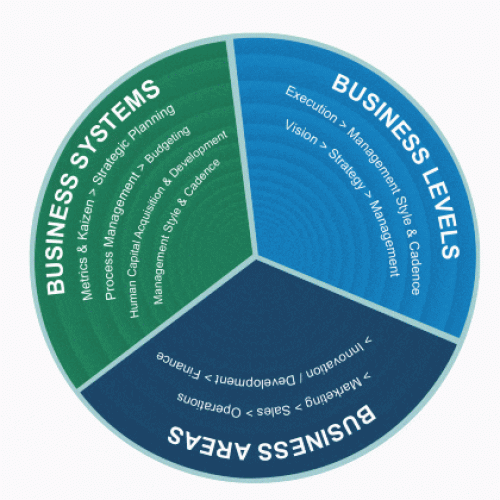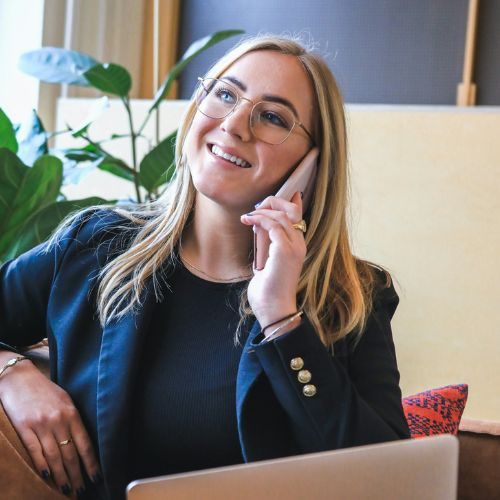How does one founder buy out another?
Of course.
- Agree on a price (the hardest part)
- Write a check and both sign a transfer agreement to put in the company’s board of Director minutes
- Change the company cap table and ownership name
Of course, this is not always easy, as usually the departing founder wants way more than the shares are worth today.
The more common scenario is when the other founder leaves (early, before the company has any profits or revenue often), the company issues more shares that dilute down the old founder because they should have never vested it all and the founding agreements gave shares without restrictions or vesting. Often additional shares are also granted to everyone else too so that only the founder who is leaving early is diluted. This is necessary as new investors would not like to see “dead shares” if the company is young; that should be being used to motivate the replacement person or multiple people on the team.
Of course, if the company has created real value, then they can leave and keep their shares until a liquidity event happens. They are stuck with no ability to sell them, usually via the restricted stock agreements that should be in place, preventing a resale without the company’s permission.
If the parting is a more amicable one, and the leaving founder has spent three to five years working to make the company work (earned their shares via sweat equity and/or a reduced salary), then the company might buy out the shares, or some portion, and return them to the Treasury to be reissued to other employees or sold at the next funding.
Many companies die due to founder disagreements, and it is almost always their fault for not building this scenario into the share vesting schedule. You may get shares at the founding, but they are not really earned until some value is created later. Otherwise, people can leave on day number two, or after a year, and keep all their shares. All founders should vest their shares, generally over at least three years. The board may issue new shares to founders that stay longer if their contribution is continuing.











